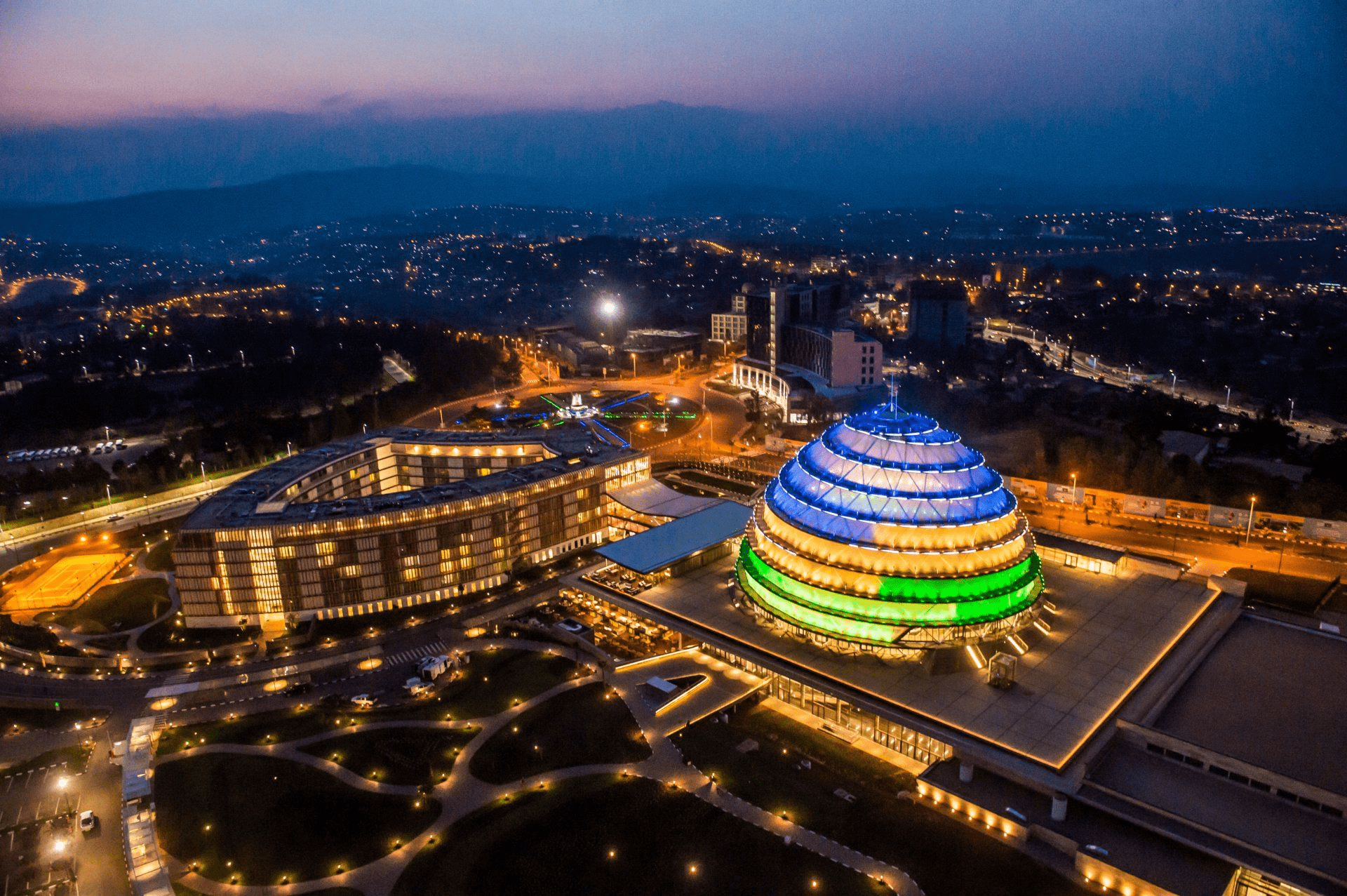In recent years, Kenya has experienced a technological upheaval that has fundamentally changed the way its agricultural sector operates. At the heart of this transformation is M-Pesa, a mobile money service that has not only revolutionized financial transactions but has also improved the livelihoods of farmers across the nation. This article examines how M-Pesa has transformed the agricultural landscape in Kenya, enabling farmers to engage in mobile payments for transactions, access credit, and obtain crucial market information.
The Rise of M-Pesa
Launched in 2007 by Safaricom, M-Pesa has grown to become one of the most successful mobile money platforms globally. Initially designed to facilitate peer-to-peer money transfers, M-Pesa swiftly evolved to accommodate a variety of financial services. Farmers, who traditionally faced challenges in accessing banking services, have found M-Pesa to be a game-changer. With just a basic mobile phone, they can send and receive money, pay for goods and services, and even save.
Enhancing Financial Transactions
One of the primary advantages of M-Pesa for farmers is the ease of conducting financial transactions. In rural areas where access to banks is limited, M-Pesa allows farmers to sell their produce directly to buyers without the need for cash. This not only streamlines the selling process but also reduces the risk of theft and loss associated with carrying cash. Farmers can receive payments instantly, enabling them to reinvest in their operations or purchase necessary supplies without delay.
Access to Credit
Access to credit has historically been a significant barrier for many farmers in Kenya. Traditional banks often require collateral that smallholder farmers may not possess. M-Pesa has bridged this gap through various micro-lending solutions. Services like M-Shwari, which is integrated with M-Pesa, allow farmers to save money and access loans based on their savings history. This has empowered many farmers to expand their businesses, invest in better seeds, and adopt modern agricultural practices.
Market Information at Their Fingertips
In addition to facilitating transactions and access to credit, M-Pesa has provided farmers with vital market information. Through mobile applications and SMS services, farmers can receive real-time updates on market prices, weather conditions, and agricultural best practices. This information enables them to make informed decisions about when to sell their produce and at what price. By having access to accurate market data, farmers can negotiate better deals and maximize their profits.
Impact on Productivity and Profitability
The cumulative effect of these advancements is a significant increase in agricultural productivity and profitability. Farmers who utilize M-Pesa report higher income levels and improved living standards. The ability to make transactions easily and access credit has allowed them to scale their operations and invest in technology that enhances yield. Furthermore, M-Pesa has fostered a culture of savings among farmers, encouraging them to plan for the future and manage risks effectively.
Emerging Technologies Supporting Agricultural Innovation
While M-Pesa stands out as a pivotal player in this mobile revolution, it is not alone. Other emerging technologies are also making waves in the Kenyan agricultural sector. For instance, innovations like precision farming technologies, drone surveillance, and climate-smart agriculture are gaining traction. These technologies, when combined with mobile money services like M-Pesa, create a synergistic effect that drives agricultural innovation.
Community Empowerment and Sustainable Practices
The impact of these technologies extends beyond individual farmers; they contribute to community empowerment and sustainable practices. By enabling farmers to collaborate and share resources through mobile platforms, communities can work together to tackle common challenges such as pest outbreaks or droughts. Moreover, the emphasis on sustainable farming practices aligns with the global push towards environmentally friendly agriculture, ensuring that the benefits of this revolution are long-lasting.
Challenges and the Road Ahead
Despite the positive changes brought about by M-Pesa and other technologies, challenges remain. Issues such as digital literacy, network connectivity, and the need for regulatory frameworks must be addressed to ensure that all farmers can fully benefit from these innovations. Additionally, as the agricultural landscape continues to evolve, it is crucial for stakeholders to collaborate in developing solutions that are inclusive and sustainable.
As Kenya’s agricultural sector embraces the mobile revolution, the story of M-Pesa serves as an inspiring example of how technology can empower individuals and transform entire industries. With continued innovation and collaboration, the future of agriculture in Kenya looks promising, paving the way for a more prosperous and sustainable agricultural landscape.






